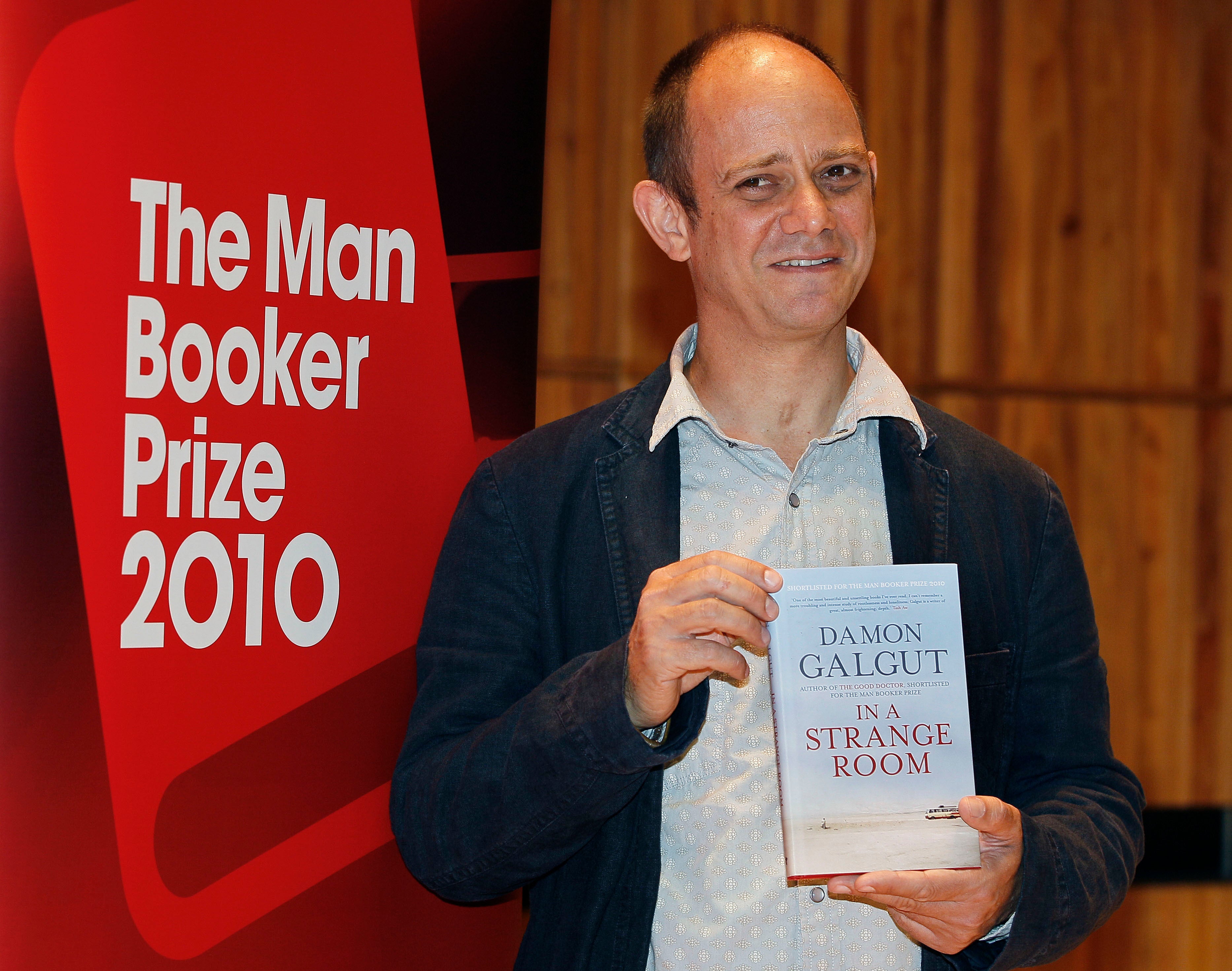US authors Lockwood, Powers, Shipstead up for Booker Prize
Novels that explore historical injustices, the nature of consciousness and the dizzying impact of the internet are among six finalists for the prestigious Booker Prize for fiction

Your support helps us to tell the story
From reproductive rights to climate change to Big Tech, The Independent is on the ground when the story is developing. Whether it's investigating the financials of Elon Musk's pro-Trump PAC or producing our latest documentary, 'The A Word', which shines a light on the American women fighting for reproductive rights, we know how important it is to parse out the facts from the messaging.
At such a critical moment in US history, we need reporters on the ground. Your donation allows us to keep sending journalists to speak to both sides of the story.
The Independent is trusted by Americans across the entire political spectrum. And unlike many other quality news outlets, we choose not to lock Americans out of our reporting and analysis with paywalls. We believe quality journalism should be available to everyone, paid for by those who can afford it.
Your support makes all the difference.Novels that explore historical injustices, the nature of consciousness and the dizzying impact of the internet are among six finalists for the prestigious Booker Prize for fiction.
Three books by American authors are on the shortlist announced Tuesday for the 50,000-pound ($69,000) prize: Patricia Lockwood’s social media-steeped novel “No One is Talking About This;” Maggie Shipstead’s aviator saga “Great Circle;” and Richard Powers’ “Bewilderment,” the story of an astrobiologist and his neurodivergent son.
Powers won the Pulitzer Prize for fiction in 2019 for the eco-epic “The Overstory,” which was also a 2018 Booker Prize finalist.
Three other contenders explore historical traumas. They include Sri Lankan author Anuk Arudpragasam’s tale of war and its aftermath, “A Passage North;” South African writer Damon Galgut’s story of racism and reckoning, “The Promise;” and British Somali writer Nadifa Mohamed’s miscarriage-of-justice story “The Fortune Men,” set among dockers in the 1950s in Cardiff, the capital of Wales.
Historian Maya Jasanoff, who is chairing the judging panel, said the shortlist was immersive, global and “engages with matters of life and death, which feels quite poignant and pertinent in this catastrophic year.”
Founded in 1969, the Booker Prize has a reputation for transforming writers’ careers and was originally open to British, Irish and Commonwealth writers. Eligibility was expanded in 2014 to all novels in English published in the U.K.
The judging panel winnowed their list from 158 novels. Some of the highest-profile novels of the year didn’t make the cut, most notably Nobel literature laureate Kazuo Ishiguro’s “Klara and the Sun,” which had featured on the 13-book longlist. Ishiguro is a four-time Booker nominee and won the prize in 1989 for “The Remains of the Day.”
Other highly praised works on the longlist that fell by the wayside include British novelist Francis Spufford’s “Light Perpetual” and British/Canadian writer Rachel Cusk’s “Second Place.”
Only one British writer, Mohamed, made the final six, a fact likely to spark debate in the U.K. about whether the prize is becoming U.S.-dominated.
“The Booker Prize is the great leveler,” said Nigerian writer Chigozie Obioma one of the judges. “If we don’t have any British writers, it is just a coincidence. We are not making any statement.”
The winner will be crowned Nov. 3 at a ceremony in London.